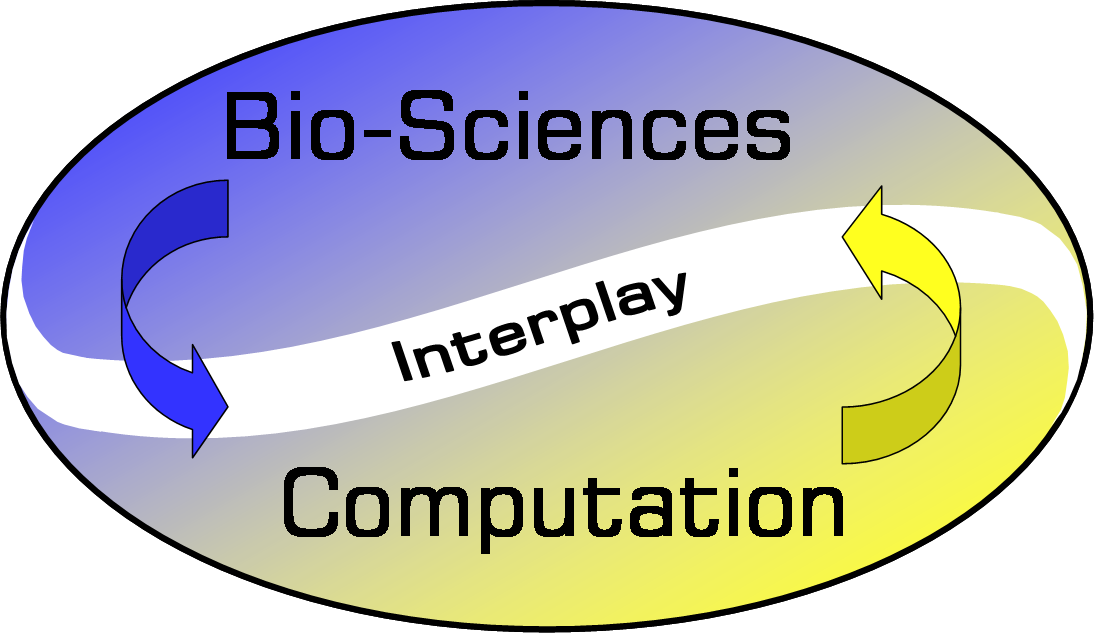 International
Work-conference on the Interplay between Natural and
Artificial Computation
International
Work-conference on the Interplay between Natural and
Artificial Computation
 International
Work-conference on the Interplay between Natural and
Artificial Computation
International
Work-conference on the Interplay between Natural and
Artificial Computation
Chairpersons:
The aim of this workshop is to capture emerging trends and common problems related to the interaction autonomy of social robots. In the past, issues related to the constitutive autonomy of social robots have been focused on safe interaction with the environment, and with humans. Today, we see a shift towards social robots that act in human environments and to a larger degree need to act in relation to social and emotional aspects. A nursing robot must not only interact safely with its environment, it should act in a way that communicates care and respect for patients, and that supports the social bounds necessary for the task. Further, many social signals should be embedded in the functional behaviors of robots, not added to the behavioral repertoire as specific gestures. Finally, the interpretation of social signals coming from humans should be integrated with the current robot behavior controller, and depending on the type of controller this is, thus, a different process. So far, robots works with what could be called “perceived” emotions and social abilities, i.e., additions to its instrumental abilities. This focus of this workshop is instead the following question: How can emotion and social interaction be grounded in the behavioral repertoire of the robotic system? This includes sub questions as: is the robot able to have intrinsic emotions; how could emotions, grounded in the embodiment of the robot, provide socially adaptive behavior to the robot; and how can the communication of emotions between a robot and a human be grounded.
| Submission Deadline | February 15, 2015 |
| Acceptance notification and start of registration | April 1, 2015 |
| Acceptance notification and start of registration | April 30, 2015 |
| Workshop date | b/n June 1-5, 2015 |